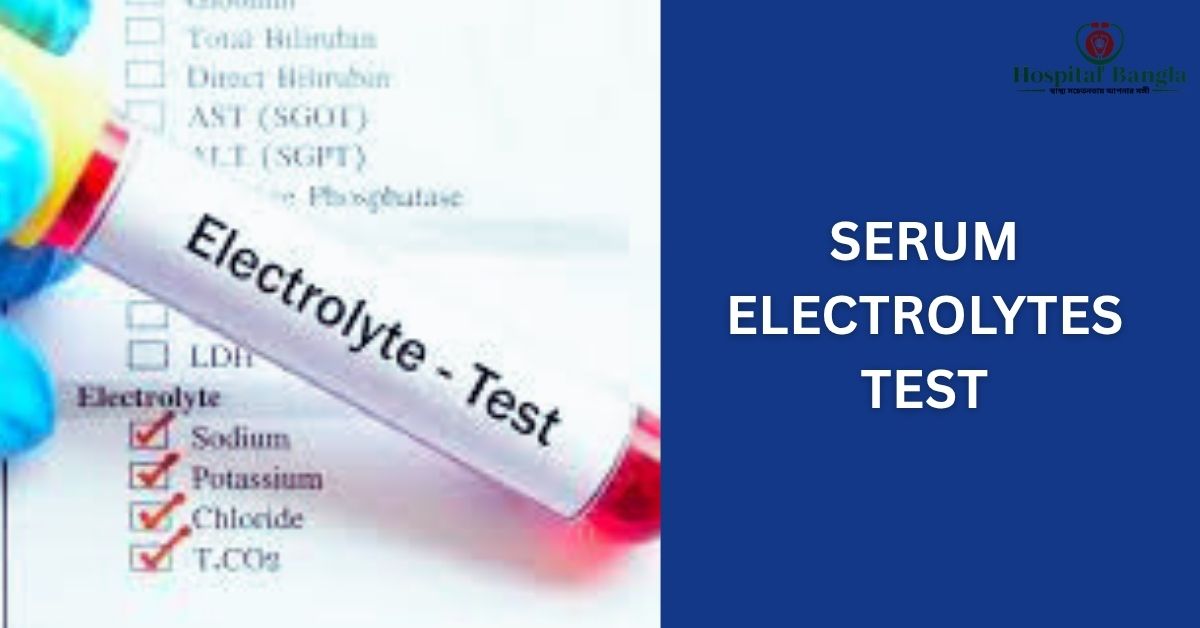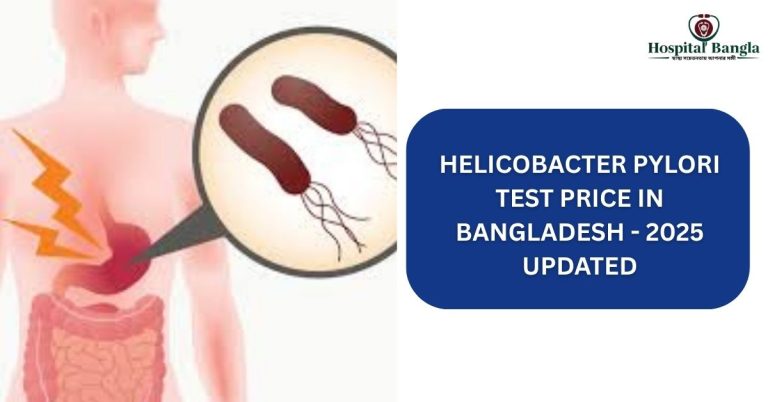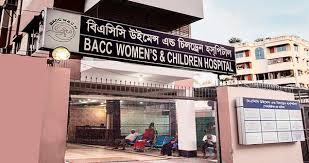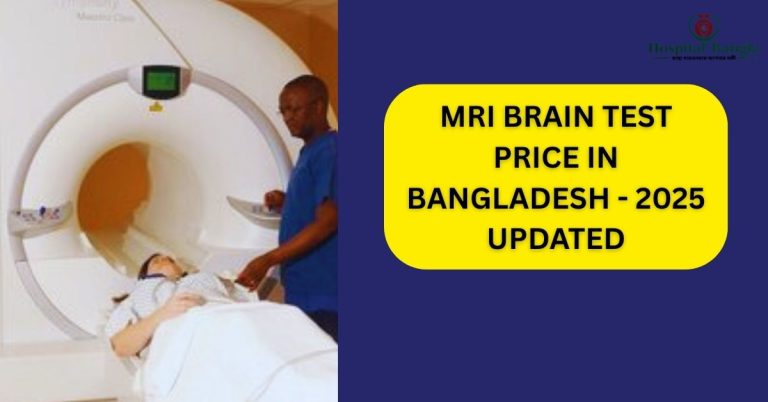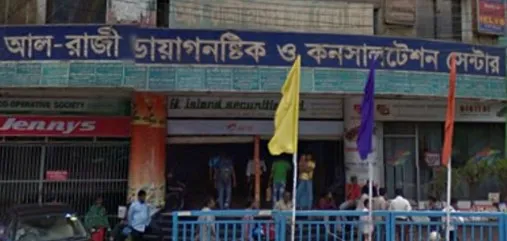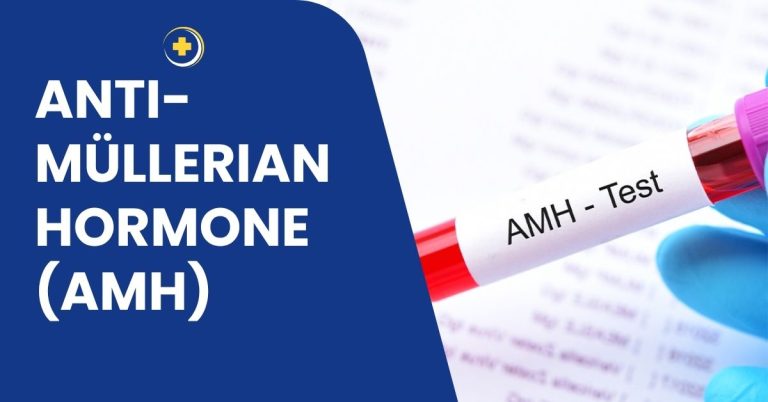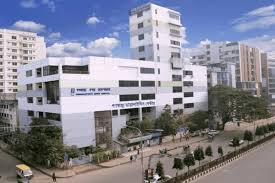Electrolyte Test Price in Bangladesh: 2025 Updated
An Electrolyte Test, also known as a Serum Electrolytes Test (সিরাম ইলেক্ট্রোলাইট টেস্ট), is a vital blood test that measures the levels of essential minerals like sodium, potassium, chloride, and bicarbonate in your blood. These electrolytes are crucial for regulating fluid balance, nerve signaling, muscle contractions, and maintaining overall bodily health. Doctors often recommend this test to diagnose or monitor conditions such as dehydration, kidney disease, heart failure, diabetes, or electrolyte imbalances caused by medications or other health issues. In Bangladesh, the Electrolyte Test Price in Bangladesh typically ranges from 250 to 1000 BDT in 2025, depending on whether you opt for a government or private hospital. Government facilities generally offer lower prices, while private hospitals may charge more but provide added convenience and modern services.
What is an Electrolyte Test?
An Electrolyte Test is a diagnostic procedure that evaluates the concentration of key electrolytes in your blood. Electrolytes are electrically charged minerals that play a pivotal role in maintaining critical bodily functions, including:
- Sodium (Na): Regulates fluid balance and supports nerve function.
- Potassium (K): Essential for heart rhythm and muscle contractions.
- Chloride (Cl): Works alongside sodium to maintain fluid and acid-base balance.
- Bicarbonate (HCO3): Helps regulate blood pH levels.
The test involves drawing a small blood sample, typically from a vein in your arm, and is often included in routine health check-ups or comprehensive metabolic panels (CMP). Abnormal electrolyte levels can indicate various health issues, ranging from simple dehydration to complex conditions like renal failure or hormonal imbalances. Alternative names for this test include Serum Electrolytes, Electrolyte Panel, or Lytes.
Clinical Significance
The results of an Electrolyte Test provide insights into your body’s fluid and electrolyte balance, helping doctors diagnose conditions such as:
- Dehydration or overhydration
- Kidney dysfunction
- Heart rhythm abnormalities
- Acid-base imbalances (e.g., acidosis or alkalosis)
- Hormonal disorders (e.g., adrenal insufficiency)
Medical Conditions Requiring the Test
This test is particularly important for individuals with:
- Chronic kidney disease
- Heart failure or arrhythmias
- Diabetes or diabetic ketoacidosis
- Severe vomiting or diarrhea
- Hormonal imbalances (e.g., Addison’s disease)
- Conditions requiring long-term medication use (e.g., diuretics)
When is an Electrolyte Test Recommended?
An Electrolyte Test is recommended in several situations, including:
- Symptoms of Electrolyte Imbalance:
- Weakness or fatigue
- Confusion or irritability
- Irregular heartbeats or palpitations
- Muscle cramps or spasms
- Excessive thirst or frequent urination
- Chronic Health Conditions:
- Kidney disease or dialysis
- Heart failure or cardiovascular issues
- Diabetes or related complications
- Thyroid or adrenal gland disorders
- Fluid Imbalance:
- Dehydration due to illness, heat, or inadequate fluid intake
- Overhydration from excessive water consumption
- Medication Monitoring:
- Diuretics, laxatives, or steroids that affect electrolyte levels
- Chemotherapy or other treatments impacting kidney function
- Pre- or Post-Surgery:
- To ensure stable electrolyte levels before or after major procedures
- Routine Health Screening:
- As part of general health check-ups, especially for at-risk individuals
Diagnostic Use
Doctors use the test results to:
- Diagnose underlying causes of symptoms
- Monitor treatment effectiveness for chronic conditions
- Adjust medications that affect electrolyte balance
- Assess overall health during hospital stays
The test is valuable for both screening (identifying potential issues) and monitoring (tracking changes over time).
Electrolyte Test Preparation
Preparing for an Electrolyte Test is straightforward, with minimal requirements:
- Fasting: Typically not required unless combined with other tests (e.g., fasting glucose). Your doctor will inform you if fasting is necessary.
- Medications: Disclose all medications, supplements, or herbal remedies to your doctor, as some (e.g., diuretics, ACE inhibitors) can alter electrolyte levels.
- Hydration: Maintain normal hydration unless instructed otherwise. Avoid excessive water intake immediately before the test.
- Sample Collection: A healthcare professional draws a small blood sample from a vein, usually in your arm. The process takes only a few minutes and involves minimal discomfort.
- Test Duration: The blood draw is quick, and results are often available within hours to a day, depending on the hospital’s laboratory.
Always follow your doctor’s specific instructions to ensure accurate results.
Electrolyte Test Price List in Government Hospitals in Bangladesh
Government hospitals in Bangladesh provide affordable diagnostic services, making them accessible to a wide population. Below is a table listing the current prices for Electrolyte Tests at major government hospitals in Dhaka, based on data from 2025:
| Hospital Name | Location | Electrolyte Test Price (BDT) | Contact Number |
|---|---|---|---|
| National Institute of Neurosciences & Hospital | Sher-e-Bangla Nagar, Agargaon, Dhaka | 250 | +88029137305 |
| Bangabandhu Sheikh Mujib Medical University (BSMMU) | Shahbag, Dhaka | 300 | +880-02-966687 |
Additional Government Hospitals
While specific prices for other government hospitals like Dhaka Medical College Hospital (DMCH) or Sir Salimullah Medical College Mitford Hospital were not available in the provided data, Electrolyte Test prices in government facilities typically range from 200 to 300 BDT due to subsidized rates. For exact pricing, contact the hospitals directly:
- Dhaka Medical College Hospital (DMCH): Located in Dhaka, contact via their official website DMCH or call +880-2-55165001.
- Sir Salimullah Medical College Mitford Hospital: Located in Mitford, Dhaka, contact at +880-2-7319002.
- Kuwait Bangladesh Friendship Govt. Hospital: Located in Uttara, Dhaka, contact at +880-2-8931050.
Note: Prices may vary slightly based on test specifics or additional services. Always verify with the hospital for the most current rates.
Electrolyte Test Price List in Private Hospitals in Bangladesh
Private hospitals and diagnostic centers in Bangladesh offer advanced facilities, faster results, and enhanced patient comfort, though at a higher cost. Below is a table of selected private facilities with their current Electrolyte Test prices for 2025:
| Hospital/Diagnostic Center | Location | Electrolyte Test Price (BDT) | Contact Number |
|---|---|---|---|
| Ibn Sina Hospital | Dhanmondi, Dhaka | 638 | +8809610010615 |
| Popular Diagnostic Centre | Dhanmondi, Dhaka | 1000 | 09666 787801 |
| Epic Health Care | Chattogram | 750 | +8801984499600 |
Additional Private Hospitals
For other prominent private hospitals, exact Electrolyte Test prices were not available in the provided data but can be obtained by contacting the facilities directly. Below are some notable private hospitals in Bangladesh:
- Square Hospital: Located in West Panthapath, Dhaka, known for world-class diagnostic services. Contact at +880-2-8144400 or visit Square Hospital.
- United Hospital: Located in Gulshan, Dhaka, offering comprehensive diagnostic tests. Contact at +880-2-8836000 or check United Hospital.
- Labaid Specialized Hospital: Located in Dhanmondi, Dhaka, a leading diagnostic center. Contact at +880-2-9676356 or visit Labaid.
- Evercare Hospital Dhaka: Located in Bashundhara, Dhaka, providing advanced diagnostics. Contact at +880-2-8431661 or visit Evercare.
- Apollo Hospitals Dhaka: Located in Bashundhara, Dhaka, offering high-quality tests. Contact at +880-2-55033600.
Note: Private hospital prices may vary based on location, equipment, and additional services. Some hospitals offer discounts (e.g., Ibn Sina provides a 25% discount on tests). Contact the hospital for the latest pricing and any promotional offers.
Understanding Electrolyte Test Results
Interpreting Electrolyte Test results involves comparing your levels to standard reference ranges. Below are the typical normal ranges for adults:
- Sodium: 135-145 mEq/L
- Potassium: 3.5-5.0 mEq/L
- Chloride: 98-106 mEq/L
- Bicarbonate: 22-29 mEq/L
What Abnormal Results Might Indicate
Deviations from normal ranges can point to various health issues:
- High Sodium (Hypernatremia): Often caused by dehydration, excessive salt intake, or diabetes insipidus.
- Low Sodium (Hyponatremia): May result from excess fluid intake, heart failure, kidney disease, or adrenal insufficiency.
- High Potassium (Hyperkalemia): Linked to kidney dysfunction, tissue damage, or medications like ACE inhibitors.
- Low Potassium (Hypokalemia): Caused by diuretic use, vomiting, diarrhea, or low magnesium levels.
- High Chloride: Associated with dehydration, kidney disease, or metabolic acidosis.
- Low Chloride: Can indicate vomiting, diarrhea, or metabolic alkalosis.
- High Bicarbonate: Suggests metabolic alkalosis, often due to prolonged vomiting or diuretic use.
- Low Bicarbonate: Indicates metabolic acidosis, common in kidney failure or diabetic ketoacidosis.
Factors Affecting Results
Several factors can influence test outcomes:
- Diet: High salt or potassium intake can skew results.
- Hydration Status: Dehydration or overhydration affects electrolyte concentrations.
- Medications: Diuretics, steroids, or chemotherapy drugs can alter levels.
- Health Conditions: Kidney, liver, or heart diseases impact electrolyte balance.
- Sample Handling: Improper collection or storage can lead to inaccurate results.
When to Consult a Doctor
You should consult a healthcare provider if:
- Your results fall outside the normal range.
- You experience symptoms like weakness, confusion, irregular heartbeats, or muscle cramps.
- You have a chronic condition requiring regular electrolyte monitoring.
Your doctor will interpret the results in the context of your overall health, symptoms, and medical history, possibly recommending further tests or treatments.
Frequently Asked Questions
How accurate is the Electrolyte Test?
The test is highly accurate when conducted by accredited laboratories using standardized procedures. However, accuracy can be affected by sample handling, laboratory techniques, or patient factors like medication use.
How long does it take to get the results?
Results are typically available within a few hours to one day, depending on the hospital’s laboratory capacity and workload.
Is the test covered by insurance?
Many health insurance plans in Bangladesh cover Electrolyte Tests, especially when medically necessary. Contact your insurance provider to confirm coverage details.
How often should I get this test?
The frequency depends on your health status. For healthy individuals, it’s often part of routine check-ups every few years. Patients with chronic conditions like kidney disease may need it more frequently, as advised by their doctor.
What is the difference between Serum Electrolytes and other electrolyte tests?
Serum Electrolytes measure electrolyte levels in blood serum, providing a snapshot of systemic balance. Other tests, such as urine electrolyte tests, assess excretion rates and are used to evaluate kidney function or specific conditions.
Can I eat or drink before the test?
Generally, no fasting is required unless combined with other tests. You can eat and drink normally but avoid excessive water intake immediately before the test unless instructed.
Are there any risks associated with the test?
The test is safe, with minimal risks such as slight bruising or discomfort at the blood draw site. Rare complications include infection or fainting.
Conclusion
The Electrolyte Test is a critical diagnostic tool for assessing your body’s electrolyte balance, helping diagnose and manage conditions ranging from dehydration to chronic diseases like kidney failure or heart disease. In Bangladesh, the Electrolyte Test Price in Bangladesh varies significantly between government and private hospitals, with government facilities offering affordable options at 250-300 BDT and private centers charging 638-1000 BDT. Comparing prices across hospitals can help you find a cost-effective option without compromising on quality. For the most accurate and up-to-date pricing, contact the hospital directly, and always consult your healthcare provider to interpret your results and plan appropriate care.

